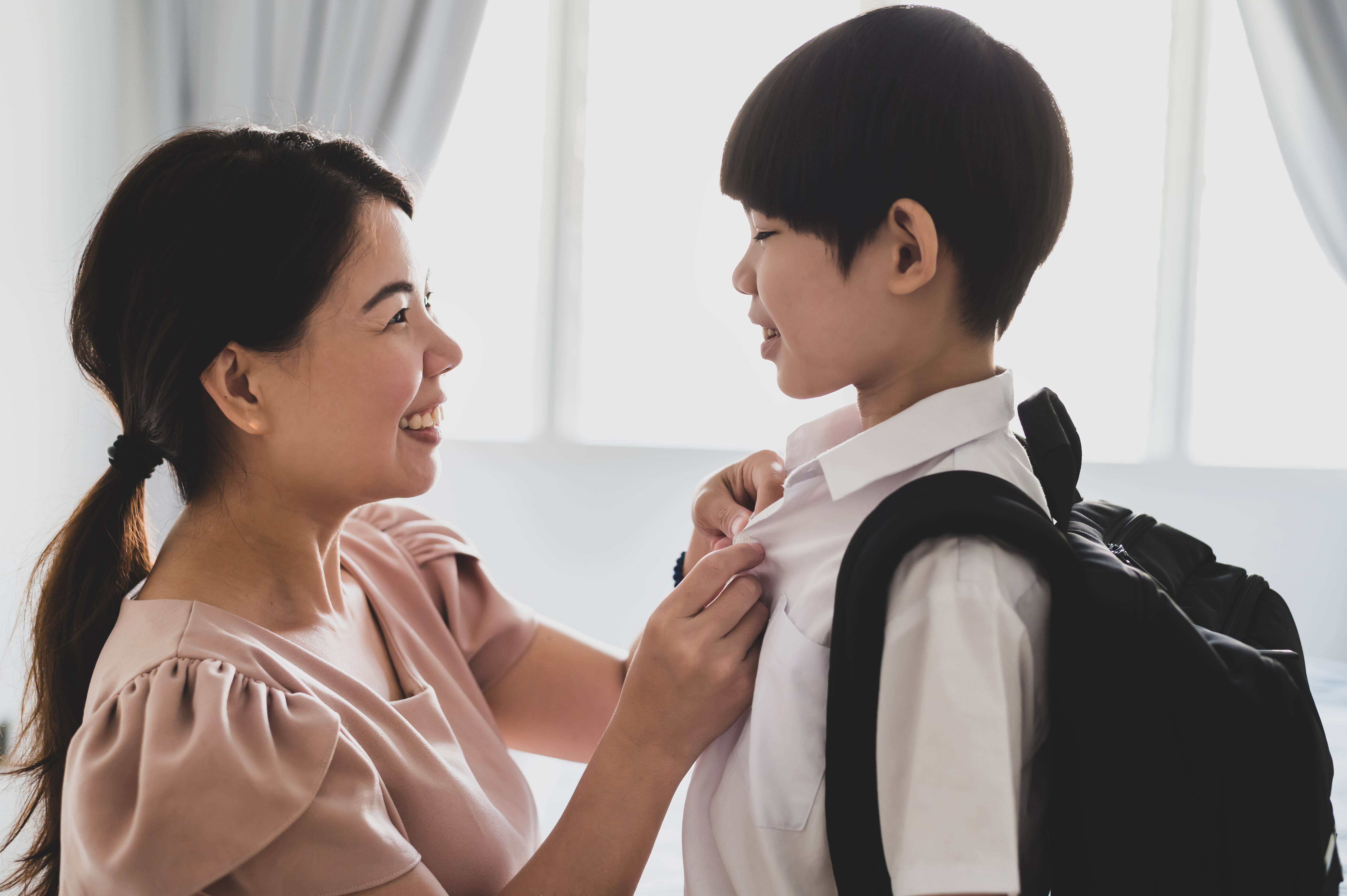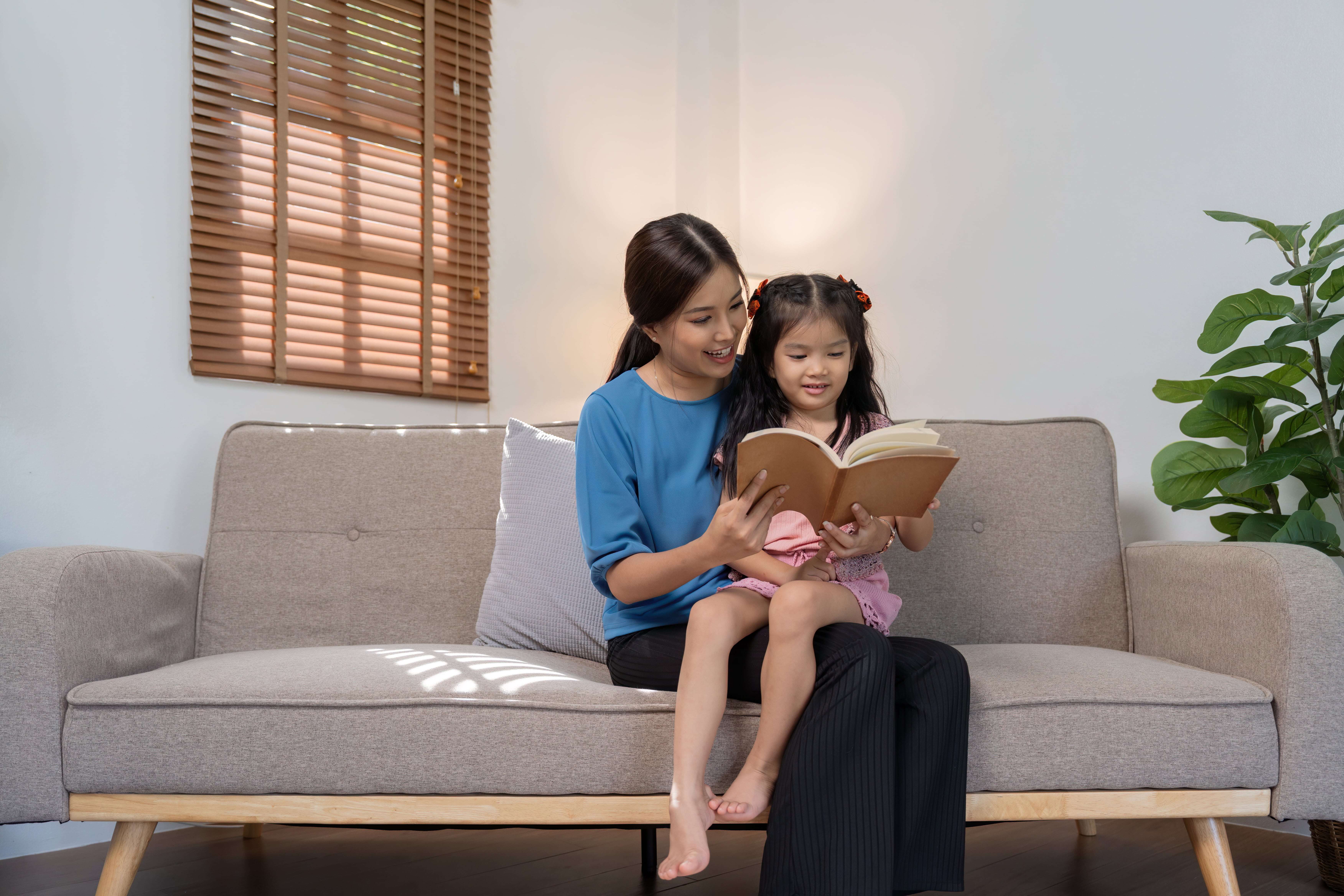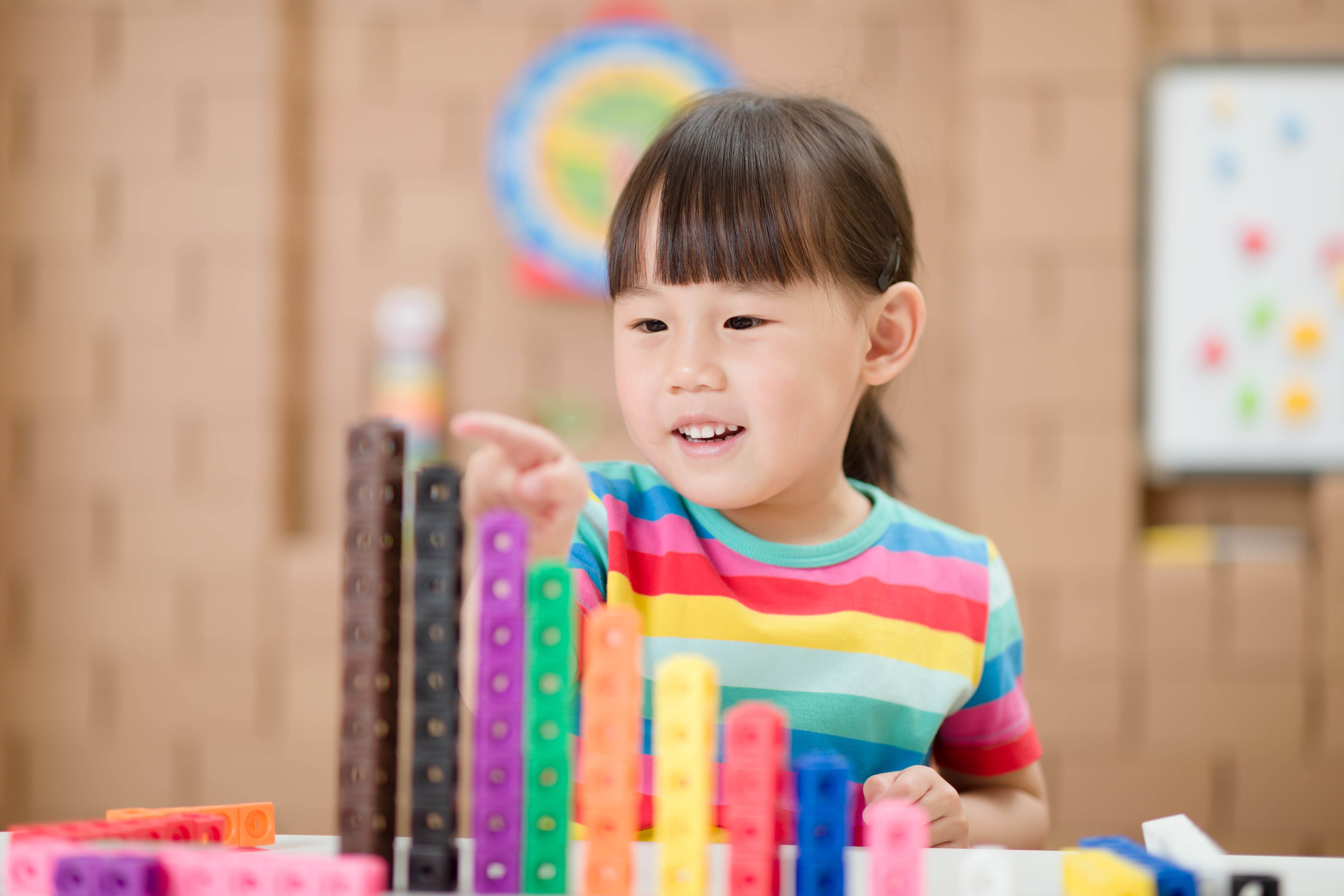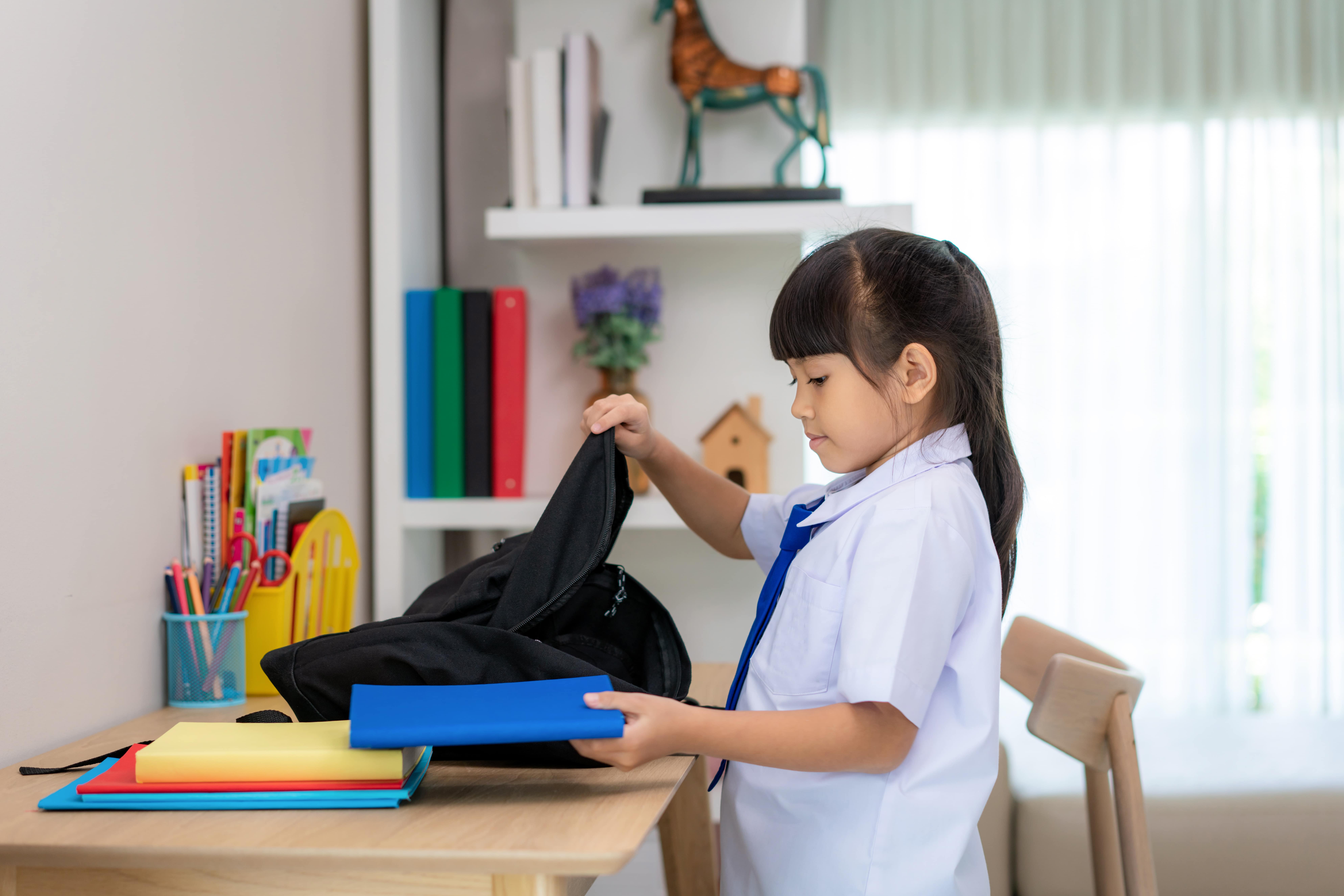How to Prepare for P1: A Complete Guide for Singaporean Parents

Entering Primary 1 (P1) is a major milestone for both children and parents in Singapore. As your child transitions from preschool to formal education, it’s natural to feel a mix of excitement and anxiety. The good news is, with proper preparation, you can help your child start their P1 journey with confidence.
In this guide, we’ll share essential tips on how to prepare for P1, focusing on academic readiness, social skills, and emotional support. Whether you’re a first-time parent or need a refresher, these steps will help set your child up for success.
1. Understand the Primary 1 Curriculum
Before your child starts P1, it’s important to familiarise yourself with the Ministry of Education (MOE) curriculum. In Primary 1, students will begin learning core subjects like English, Mathematics, and Mother Tongue.
At this stage, they aren’t expected to have in-depth knowledge of these subjects but should have a strong foundation in basic concepts, such as:
- Recognising letters and sounds in English and Mother Tongue languages
- Basic counting and understanding of numbers (up to 100)
- Simple addition and subtraction
Familiarising yourself with these expectations will help guide your child’s preparation in the months leading up to P1.
2. Encourage Reading and Language Skills

Reading is one of the most crucial skills your child needs for P1. Build a daily reading habit to help develop their language and comprehension skills. Here are some tips to nurture a love for reading:
- Read with your child daily: Choose age-appropriate books and take turns reading aloud. Discuss the story and ask questions to develop their understanding.
- Introduce phonics: Phonics is the foundation of reading. Help your child recognise letter sounds, which will help them decode words.
- Expand vocabulary: Encourage your child to learn new words by using them in everyday conversations. This will help them develop a richer vocabulary before entering P1.
3. Develop Basic Numeracy Skills

Mathematics is another key subject in P1, and children will need to grasp basic numeracy concepts. You can help your child prepare by:
- Practicing counting: Start with small numbers and gradually work up to 100. Make counting fun by using real-world examples, like counting toys, food items, or steps.
- Teaching simple arithmetic: Basic addition and subtraction can be taught through everyday activities, such as sharing snacks and counting how many are left after eating.
- Introducing shapes and patterns: Help your child identify basic shapes and patterns in their surroundings. This lays the groundwork for geometry lessons in P1.
4. Encourage Independence and Self-Help Skills

P1 students are expected to manage themselves independently in the classroom and during recess. Preparing your child for this independence will ease their transition:
- Teach your child how to pack their school bag: Show them how to organise their belongings, including books, stationery, and water bottles.
- Practice using the toilet independently: Ensure they are comfortable using public restrooms and washing their hands afterward.
- Teach time management: Help your child understand basic concepts of time by using timers or clocks. This will help them manage breaks and finish tasks within set times.
5. Develop Social and Emotional Skills
Starting P1 means your child will be interacting with new classmates and teachers. Developing social skills is key to making friends and adapting to new routines:
- Role-play classroom scenarios: Practice situations like raising hands, listening to teachers, and sharing with friends to help your child feel confident in social settings.
- Teach resilience: Prepare your child for the possibility of making mistakes and encourage them to try again. Remind them that it’s okay not to get everything right the first time.
- Encourage communication: Create opportunities for your child to express their feelings. Help them learn how to voice their needs to teachers or ask for help when they don’t understand something.
6. Familiarise Your Child with Their School Environment
Visiting the school in advance can help your child feel more comfortable on their first day. Many schools offer orientation programs where students can:
- Tour the school: Familiarise your child with the classrooms, canteen, and other facilities.
- Meet teachers and peers: Introduce your child to their form teacher and classmates during orientation sessions.
- Participate in activities: Encourage your child to take part in any fun activities organised by the school. This helps them adjust to the new environment and make friends before the term begins.
7. Use Educational Tools for a Smooth Transition
Educational apps like KooBits can make the transition to P1 smoother by helping children build strong foundational skills. KooBits offers fun and interactive learning modules for English and Maths, which align with the MOE curriculum.
With engaging content, thousands of practice questions, and guided solutions, KooBits helps children stay on track with their learning while building confidence in their academic abilities.
8. Stay Positive and Supportive
Your attitude towards P1 preparation will greatly influence your child’s experience. Stay positive and encourage your child throughout the process. Reassure them that P1 is a fun and exciting new chapter, filled with learning and new experiences.
Remember, every child adapts at their own pace. With your support, they will navigate this new journey with confidence.
Final Thoughts
Preparing for P1 doesn’t have to be overwhelming. By focusing on key areas like academic readiness, social skills, and independence, you’ll help your child start Primary 1 on the right foot. Don’t forget to make learning enjoyable—both for you and your child.
With these steps in place, your child will be well-prepared to take on P1 and thrive in their new school environment.
Before starting Primary 1 in Singapore, your child should have basic school readiness skills, including early literacy and numeracy abilities. They should recognize letters, read simple words, and understand numbers, basic counting, and patterns. These foundational skills align with the MOE curriculum, ensuring your child can follow lessons confidently and adjust to the new school environment.
To help your child develop social and emotional readiness for Primary 1, you can practice role-playing classroom scenarios at home, encourage them to share toys, and participate in group activities with other children. Teach them how to follow instructions, manage emotions, and express themselves. Positive reinforcement and discussing what to expect in a school setting can reduce anxiety and boost confidence.
Establish a consistent homework routine with a quiet study space at home. Break tasks into smaller, manageable chunks and provide regular praise to motivate your child. Use tools like KooBits, which offers interactive learning modules to help children practice core subjects like English and Maths in a fun and engaging way. This helps reinforce classroom learning while making homework feel less overwhelming.
To ensure your child is prepared for the transition from preschool to Primary 1, focus on building self-help skills such as packing their own school bag, eating lunch independently, and organizing their belongings. Practice routines like getting ready for school on time. The transition can be smoother if your child is familiar with the structure and expectations of a school day, which you can simulate at home.
KooBits provides thousands of interactive, MOE-aligned practice questions for both English and Maths, designed to build strong foundational skills. The platform adapts to your child’s learning pace, making it easier for them to grasp complex concepts while keeping the learning process fun. With daily challenges and rewards, KooBits motivates your child to stay engaged and be well-prepared for the academic demands of Primary 1.
For English, read with your child daily and encourage them to sound out new words to build their phonics skills. Introduce simple writing exercises like forming letters and short sentences. For Maths, practice counting objects, recognizing numbers, and basic addition or subtraction through fun activities like games or puzzles. Online platforms like KooBits can help by providing targeted exercises that improve both subjects progressively.

